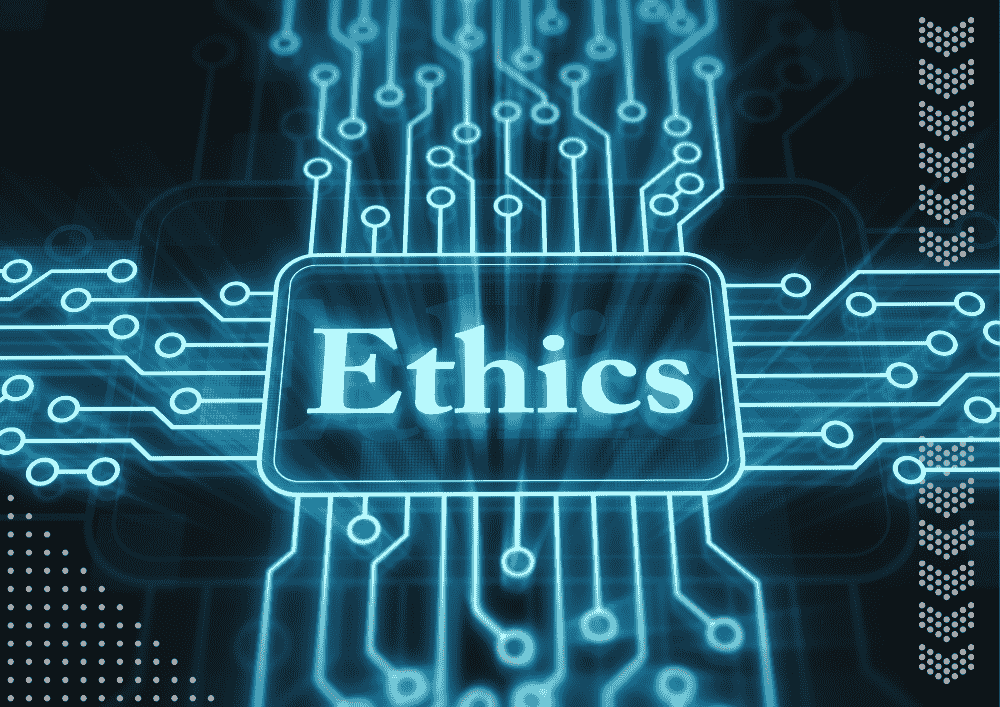“Responsible AI is not just about liability – it’s about ensuring what you are building is enabling human flourishing.” – Rumman Chowdhury

Artificial Intelligence (AI) is transforming the world at an unprecedented pace, from revolutionizing healthcare to redefining business operations. But alongside its potential comes a pressing question: how do we ensure AI is developed and used ethically? As we shape the future of AI, addressing its ethical challenges is not just important—it’s essential for a future we can trust.
The Key Ethical Challenges of AI
- Bias and Fairness:
- AI systems often inherit biases from the data they’re trained on, leading to unfair outcomes in hiring, policing, and beyond.
- Privacy Concerns:
- With AI collecting and analyzing vast amounts of personal data, protecting privacy has become a critical issue.
- Accountability:
- Who takes responsibility when AI systems make mistakes—developers, companies, or users?
- Job Displacement:
- As AI automates tasks, the workforce faces disruptions, raising questions about societal impacts and economic inequality.
How to Shape an Ethical Future
- Transparent Development:
- AI systems should be designed and documented openly, allowing for scrutiny and accountability.
- Inclusive Data Practices:
- Using diverse and unbiased datasets can help reduce discriminatory outcomes.
- Regulation and Oversight:
- Governments and organizations must establish ethical guidelines and enforce accountability for AI misuse.
- Empowering Education:
- Teaching AI literacy ensures people understand its implications and can contribute to ethical debates.
Why It Matters
AI’s potential is limitless, but without ethical boundaries, it risks becoming a tool for harm rather than progress. By proactively addressing these challenges, we can ensure AI enhances human life while upholding fairness, privacy, and trust.
Shaping the Future Together
AI isn’t just a tool—it’s a reflection of the values we choose to embed in it. The responsibility lies with all of us—developers, businesses, and citizens—to guide AI’s evolution toward a brighter, equitable future.
What ethical AI challenges concern you most? Share your thoughts and help shape the conversation about a future we can trust.
